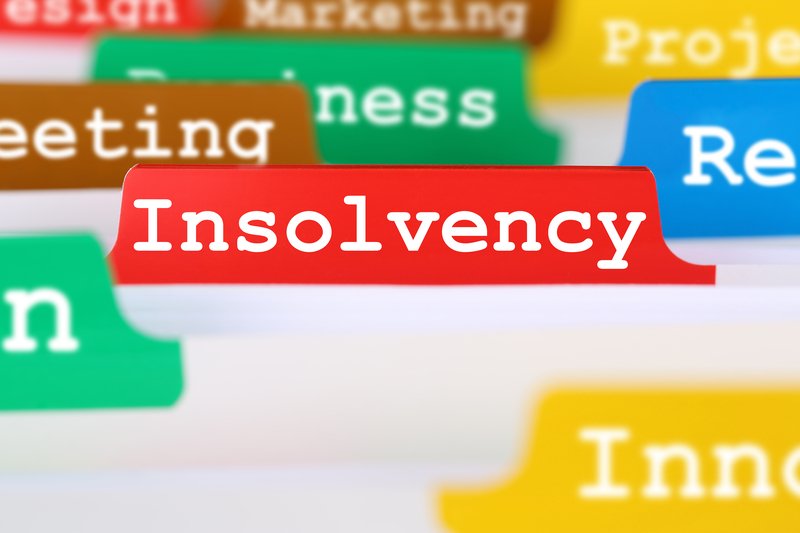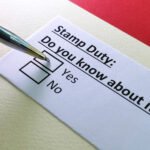One of the great advantages of trading through a company is to take advantage of ‘limited liability’.
This means that you are not responsible for the company’s debts if it goes bust. Unless you have personally guaranteed a liability – for example to a bank or landlord.
However, there is an important exception to this principle of ‘limited liability’.
A director can be held personally responsible by a liquidator if they allowed the company to carry on trading after it became clear that it would go into liquidation.
This is because it’s regarded as unfair to suppliers and other creditors to carry on taking credit when you know you won’t be able to repay them.
An interesting case – Mond v Bowles & ors (2011)
In October 2011, a High Court judge decided that Mr and Mrs Bowles, the two non-executive directors of a start-up wireless internet provider called Langreen Ltd, had not been guilty of “wrongful trading” even though the company had:
- always been undercapitalised,
- always traded at a loss, and
- probably always been insolvent on a cash flow basis.
The two directors escaped personal liability because the judge found that they had genuinely and reasonably believed, right up to the point of liquidation, that the company could be saved, and had done all they reasonably could to minimise the potential loss to creditors.
It seems that the company’s downfall was mainly because of the failure of the only available satellite provider.
A company must stop trading as soon as failure is a certainty
The moral is that it’s vital that, as soon as the company’s problems are so great that its failure is inevitable, it must cease trading.
If the company is allowed by the directors to go on trading after this point then there could be a claim for wrongful trading against them personally.
The following practical matters are worth remembering:
The benefit of hindsight
There is a danger of assessing directors’ conduct with the benefit of too much hindsight.
The director’s culpability is based purely on the information which was known, or ought to have been known at the relevant time.
The court will consider the reasonableness of each director’s conduct in light of this.
An objectivity test
Free Tide Business Bank Account - £50 Cashback!

Open a free business current account to qualify + enjoy 12 months free transactions. Read our Tide review.
There is an objective test of what each director ought reasonably to have known at the time.
This is based on the standard of a reasonably diligent person discharging his function and having the general knowledge and skill that he actually had.
If the directors have a particular expertise then that is the standard on which they will be judged even if “lay” directors would not have had that knowledge.
This means that an experienced director may in practice have a greater responsibility than inexperienced executive directors who may have a greater management role.
Non-executive directors
This type of liability can apply to “non-executive” directors.
In this case, at least one of the directors went beyond a passive role in protecting their investments.
He took on certain management functions but even a director who only attends board meetings has a role to play in essential decisions about the company and will be judged accordingly.
This would apply to angels and people appointed to the board of a start-up by an investor.
Is resignation the answer?
Resignation is not necessarily the answer once the issues have arisen. This should only be considered if a director’s views are being ignored.
Always keep accurate records
One of the most important lessons is to make careful, dated notes and minutes of all decisions and actions taken to protect the creditors.
Avoiding the potential liability
Passive or non-executive directors in companies should pay particular attention to these comments.
Limiting your responsibilities, whether under an appointment letter or otherwise, will not protect you and it will not be enough to protest that you were only protecting your investment. The same applies to appointees of shareholders, lenders and investors.
The best way to avoid liability is not to be a director at all but an “observer” with the right to attend the board meeting under contract but without Companies Act director status.
It is surprising how often an investor can exert the same degree of control over the Company’s affairs through contractual rights given to it under a shareholder’s agreement, without the danger of personal liability.
Clearly there’s always the danger of being treated as a shadow director but this can usually be avoided with a well-drafted agreement.
Being an observer rather than a director may not give you the same prestige as parking in the Chairman’s reserved parking space, but it certainly helps when the chips are down!
This article was written for ByteStart by Mark Copping, a partner in Hamlins LLP’s Corporate Department. He has a wealth of experience in all types of corporate and commercial work especially in the leisure, media, retail and property sectors.










